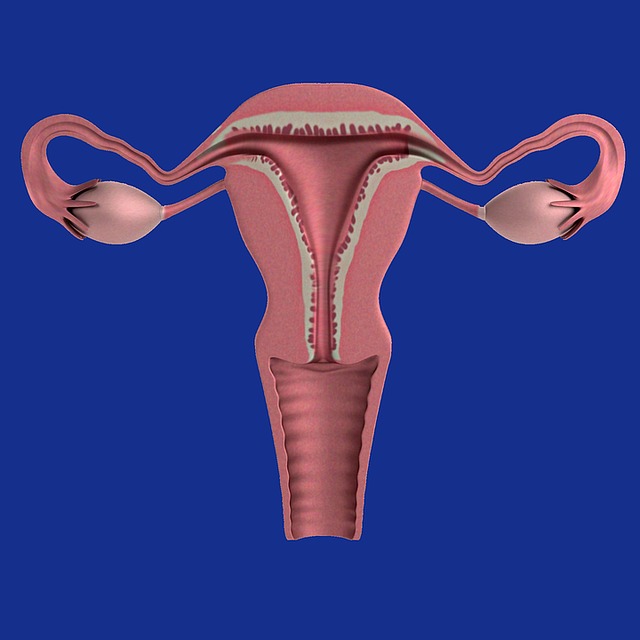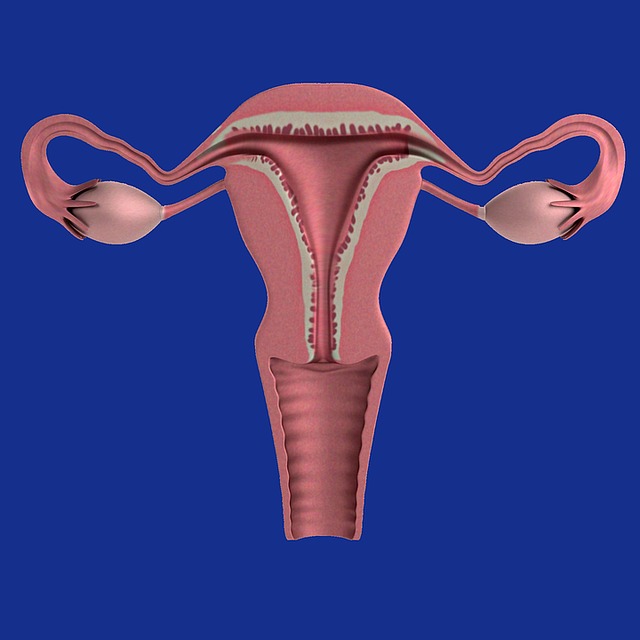The loss of ovarian function before the age of 40 is known as premature ovarian failure (POF). When the number of ovarian follicles exhausts before the typical age for physiological menopause, which in Poland is 51 years old, the ovaries lose their ability to produce hormones and germinate eggs.

POF most likely occurs when a genetic predisposition, autoimmune ovarian damage, and exhaustion of the number of ovarian follicles occur simultaneously.
About 1% of women develop POF. One in every 100 women under the age of 40 and one in every 1,000 women under the age of 30 have POF.
Symptoms
A deficiency in estrogen is the cause of the initial symptoms: excessive sweating, anxiety, decreased libido, weakness, and dry skin and mucous membranes are some of the symptoms.
Additionally, osteopaenia and osteoporosis are caused by premature oestrogen deficiency. Densitometry testing is required in these instances because even young women with POF are likely to have a significant decrease in bone mineral density. Women who have developed osteoporosis for reasons other than POF (such as hyperthyroidism, steroid treatment, or hyperparathyroidism) have a lower risk of fractures than patients with POF.
Vitamin 25OHD3 levels should also be measured in these patients. By doing this, a potential deficiency could be addressed and bone mass loss could be avoided.
In addition, metabolic disorders and low oestrogen levels are linked to cardiovascular diseases like atherosclerosis and hypercholesterolemia, as well as urogenital atrophy, which causes dryness and infections in the vagina.
However, the most troubling POF-related issues for every young woman are lower fertility or even infertility.
Since autoimmune hypothyroidism is the most common cause of POF, TSH, free T4, anti-thyroid-peroxidase, and anti-thyroglobulin antibody levels should be measured for screening. Coeliac disease is the condition that is most frequently linked to POF.
Causes
In human females, the process of ovarian follicular maturation, or folliculogenesis, is a highly organized and complex process. Autoimmunity against the adrenal gland has been demonstrated in between two and twenty percent of POF cases. Folliculogenesis is the process by which small primordial follicles grow into large ovulatory follicles over time. The gamete, or oocyte, itself makes up the follicle, which is surrounded by supporting somatic cells like the granulosa and thecal cells, which are crucial to the follicles’ growth and development. Oocytes are released from the surface of the ovary, collected by the uterine tube, and either continue to become fertilized and implanted in the uterus or are lost when follicles eventually mature. Continuous follicular maturation occurs, and it can take up to a year for a primordial follicle to become an ovulatory follicle from the beginning of its growth. Human females have a predetermined number of primordial follicles when they are born, but only a few hundred of those follicles fully develop into oocytes, which are released during ovulation. Inhibin, FOXL2, IGF-1, melatonin, steroid hormones, and other growth and differentiation factors (such as bone morphogenetic protein 15 [BMP15] and growth differentiation factor 9 [GDF9]) are all synthesized and secreted by the granulosa and thecal somatic cells, who are in turn controlled by the gonadotrophins, FSH, and luteinizing hormone (LH). Ovulation or follicular atresia are the outcomes of folliculogenesis.
Treatment
• If at all possible, a casual approach should be taken. After switching to a gluten-free diet, some people with coeliac disease have reported regained ovarian function. Hormone replacement therapy has also been used as a substitute treatment.
• Melatonin supplements have recently been described as a treatment option for perimenopause. It has been reported to increase gonadotropin levels and improve thyroid function. Melatonin may also help to prevent depression caused by menopause and restore fertility and menstruation, according to some research. The question that arises is whether taking melatonin supplements could either improve circadian rhythms and fertility or stop harmful processes in the body, such as cancerogenesis. It is still unclear what role melatonin plays in regulating ovarian function.
• Dehydroepiandrosterone (DHEA) supplementation has also been linked to beneficial effects in women who are experiencing premature menopause. Infertile women with POF who qualify for donor-egg in vitro fertilization (IVF) treatment have experienced spontaneous pregnancies. DHEA supplementation has helped these patients overcome low DHEA levels, resulting in a long-awaited pregnancy prior to IVF treatment. DHEA administration has been shown to increase fertility, decrease the likelihood of miscarriage, and improve the success rate of IVF in patients with premature ovarian failure. However, patients with POF who have normal adrenal function should not take DHEA supplements, according to the most recent recommendations from October 2014.
• Stem cell transplantation has been attempted to restore the ovary’s germinative function in women who have POF as a result of chemotherapy. Ovarian follicles have successfully restored oogenesis in some studies, but they have neither matured nor produced egg cells, necessitating additional research.




